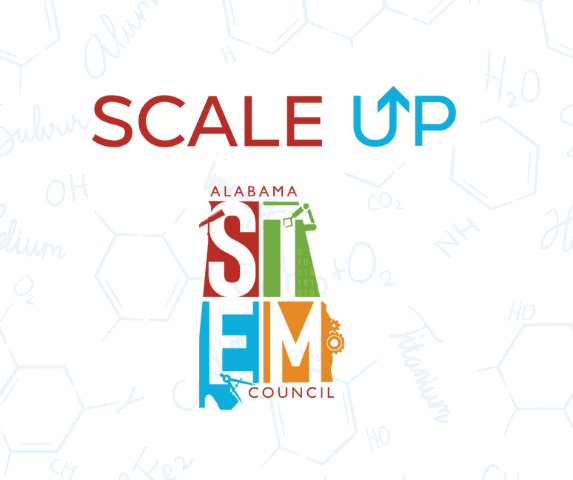The Alabama STEM Council’s Scale-Up Program Incentive provides funding to support the expansion of existing STEM learning programs for pre-K-12 students and educators. Approved applicants can receive up to $25,000 for initiatives, such as summer camps, out-of-school programs, field trips, outreach programs, and more!

Thank you for your interest in the Scale Up Program Incentives. We look forward to announcing our selected awardees soon.
Lawrence Cooper
Program Manager
lawrence.cooper@alabamastemcouncil.org
Rene McNeal
Senior Director of STEM
rene.mcneal@alabamastemcouncil.org
Elizabeth Mohr
Operations Manager
elizabeth.mohr@alabamastemcouncil.org
Jeremy Underwood
Communications Manager
jeremy.underwood@alabamastemcouncil.org
Want to stay informed about AL STEM Council Programs? Join our mailing list and let us know your interests!
Please monitor the state comptroller’s website for any future RFP postings. You may also register for future notifications on the comptroller’s website. (https://comptroller.alabama.gov)
© 2024 Alabama STEM Council, All Right Reserved